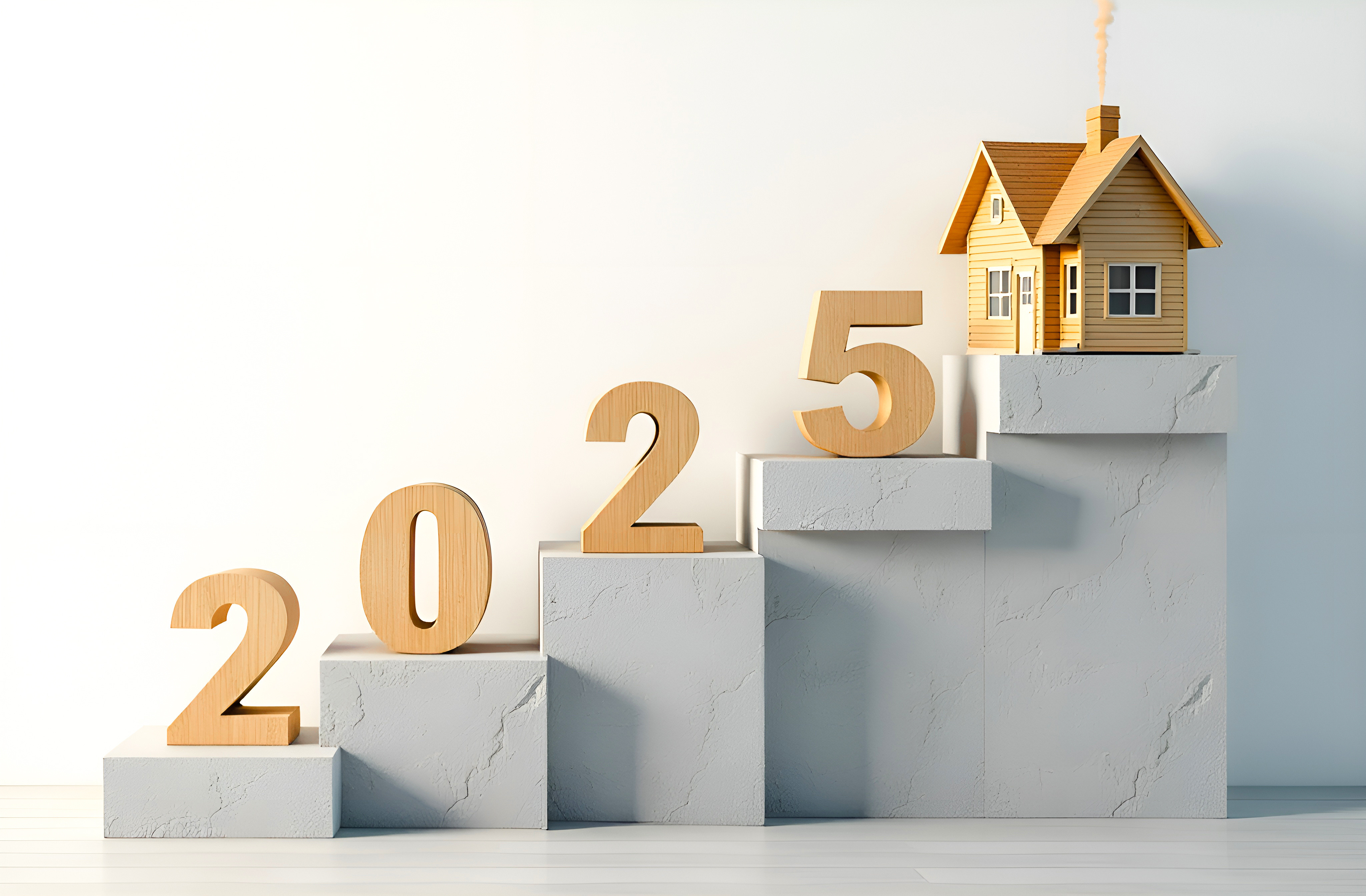The number of couples living together unmarried has nearly tripled since the year 2000. Buying a home become so competitive that it often takes two people to come up with the down payment and cover the monthly mortgage.
Whether you're married to your partner or living together unmarried, couples purchasing their first homes together undergo a lot of stress, both financially and emotionally.
Couples need to be on the same page for a home purchase to run smoothly. It's a significant financial transaction and a considerable commitment. Many decisions to be made, and even more, opportunities to experience miscommunications and conflict.
Decisions aren't just limited to home prices and the number of bedrooms either. Couples who plan to invest in a home together should understand what each brings to the table financially and logistically so they can determine how they'll split future responsibilities.
From home maintenance skills to budgeting prowess, each partner can contribute in their way, but only if the cards are on the table, and each has agreed to work the same plan.
Here are a few critical questions you can ask each other to avoid conflict and get on the same page before you buy a home:
How is Your Credit?
It's important to know where you both stand in terms of credit. If you don't have credit, now's the time to start building it.
If someone's credit history is spotty, talk about how the credit got spotty in the first place, and decide how you'll support one another to build a healthier future credit report.
Investigate your credit score early in the home buying process so you don't have any surprises when you're ready to get pre-approved. There are many apps to help you monitor your credit score, and some even give you tips for improvement.
How Much Debt Do You Have?
Both people should have a good understanding of their current debt and how it relates to their income. Your debt-to-income ratio is an important factor in how much you can afford to borrow when you get pre-approved for a loan, so getting this under control ASAP is critical.
Do the math sooner rather than later. You never want to go into a financial transaction or apply for a loan without having a full picture of each person's debt obligations. Tackle these issues ahead of time and be transparent.
How Much Savings Should We Use For the Down Payment?
You'll notice the question isn't, "How much do we have saved up?" That's because your entire savings shouldn't be put toward your down payment.
One of the worst things you can do when you buy a home is to use your entire savings for the down payment. Decide how much of your savings you need to retain for emergency purposes and how much you'll invest in your home purchase.
Putting a sizeable down payment toward your home purchase only makes sense if you know you'll have enough left over to cover any costs that come along down the road. Otherwise, you may want to consider a low down payment option, and put some of that savings aside for any potential home repairs or emergencies that may crop up.
And you can bet they will. Unexpected expenses are just part of owning a home.
How Much Do We Want to Borrow?
Just because you get pre-approved for a large loan, doesn't mean you need to end up with a large mortgage payment.
Ask yourselves what kind of lifestyle you want to live after you buy the home. What future financial obligations are you likely to encounter? Will you need to budget for the cost of caring for children or elderly parents at some point soon?
Be practical about how much debt you want to take on and draw the line before you get carried away looking at real estate.
What's On Your Needs vs. Wants List?
After you determine how much you want to borrow and have a good idea of what you'll be able to spend, you'll need to narrow down your future home's requirements to find what's right for you as a couple.
Each person should create their own individual house hunting needs vs. wants list; then, you can compare together.
Identifying your needs and wants separately will reinforce individual priorities upfront. This way, you'll minimize the chances one person will feel like they had to give up something important to stay in budget, just because their partner wanted a pool or a specific neighborhood.
Who Will We Invite to Help Us Negotiate This Purchase?
Two critically important people you'll want with you on this home buying journey are your mortgage advisor and your Realtor.
Finding a good mortgage advisor is the first step because you'll want to be pre-approved before you start shopping for a home. A good mortgage advisor will explain any complicated financial terms to you, help you gather and organize your paperwork, and clearly explain all your loan options so you can make informed choices.
Now it's time to find a fantastic Realtor.
We've got a great guide to finding the right Realtor, but start by asking your mortgage advisor to recommend someone who would be a good fit. They work with various real estate agents all day, every day, so they know which ones are the most knowledgeable and helpful and can recommend one with any specialties you may need.
How Will We Successfully Manage Home Ownership?
Signing papers for your house is a milestone that signals your induction into the elite club of home ownership.
Now you get to worry about maintaining your investment.
Who will physically be responsible for making sure the mortgage gets paid on time? Do you possess the necessary skills to maintain your home yourself, or will you need to call a plumber when there's a leaky pipe? Who will be in charge of yard maintenance, and regular deep cleanings?
Consider all the costs and assign responsible parties to identify who will care for your property and maintain the home you worked so hard to call your own. Preparation and accountability will go a long way in keeping the peace at home and staying united as a couple.
Answering all these questions with your spouse or significant other doesn't take long, and can help you avoid misunderstandings and fights down the road. Open the dialogue, start deciding how you'll tackle these important questions, and you'll enjoy the process of buying a home 100x more than those who don't.






.png)


